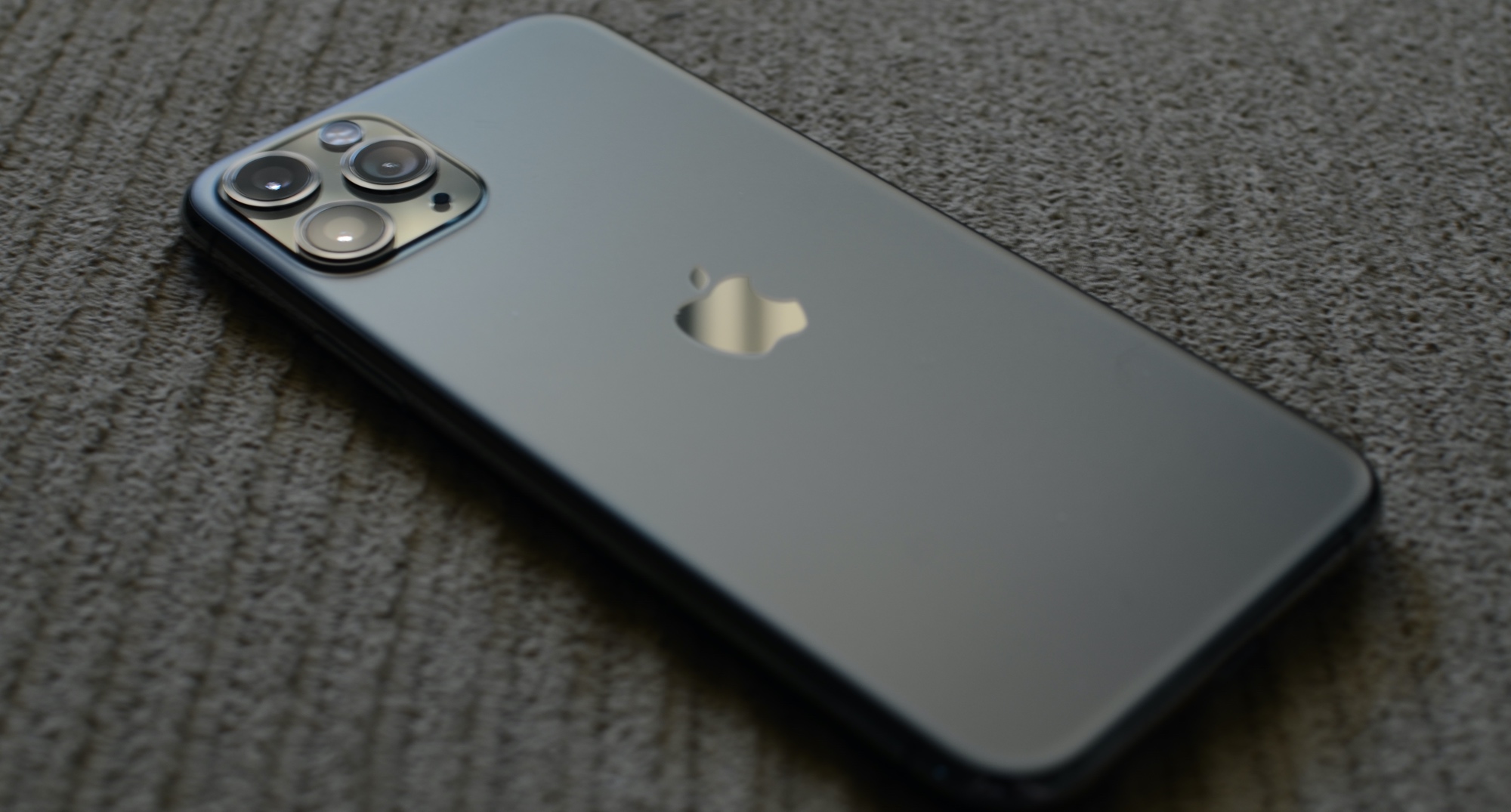
While some aspects of Apple’s upcoming 5G-enabled iPhone 12 lineup seem all-but-confirmed at this point, whatever the company’s plans are for 5G still remain up in the air a bit.
At least, that’s the gist from a range of analysts over the last few months, and today’s latest report doesn’t change anything, unfortunately. MacRumors has a round-up of some of the latest research and investor notes from analysts talking about Apple’s plans for a 5G-enabled iPhone, with the expectation being that Apple is going to probably stagger the launch in some way or another as it faces the global health crisis and other issues related to the hardware.
Apple’s own antenna-in-package (AiP) module for mmWave iPhones may be part of the issue.
Last week, analyst Jeff Pu, writing a research note for GF Securities, said that Apple’s AiP may be more of a drain on battery life than expected. And, if that is indeed the case, Apple will likely rework the hardware in an effort to make that not the case, because a major hit to battery life will not go over well for consumers. Pu also believes that the current global coronavirus epidemic is going to play a huge role in the rollout of new iPhones later this year.
Per the note:
Apart from the epidemic, the power consumption of the AiP module may also affect the launch schedule of the mmWave version.
Going further, Blayne Curtis and Thoms O’Malley, analysts with Barclays, say that “recent data points” suggest Apple is likely not going to be able to launch its mmWave iPhones before the end of 2020. If that sounds familiar, it’s because we heard a similar report back in January, suggesting Apple may have to delay its mmWave-equipped iPhones 12 models until December 2020 or until sometime in early 2021.
Now, nothing is set in stone, and we certainly have no firm details on what Apple is actually going to do. However, earlier this year analyst Ming-Chi Kuo said that Apple would launch all of its iPhone 12 models with both the faster mmWave and farther-reaching sub-6GHz at the same time, and that they would all launch in the fall window of this year. But that was back in January, before the global health crisis broke down just about every industry on the planet in one way or another. Since then, Kuo has not released another research note suggesting Apple’s plans may have changed.
Keep in mind that we’ve also heard Apple is facing the possible decision of simply delaying its 5G iPhone 12 lineup completely later this year, and all models may launch months after the planned September release.
Basically, the only thing we know right now is that Apple is definitely working on iPhone models that support 5G connectivity. But we don’t know what the launch looks like, and it’s possible that some future iPhone owners will have to wait a bit longer to buy their next daily carry. But waiting a bit longer isn’t a bad thing, right?
The question is, would you be willing to wait until early 2021 to get your new iPhone as long as it supported both mmWave and sub-6GHz 5G technologies? Let us know in the comments below.